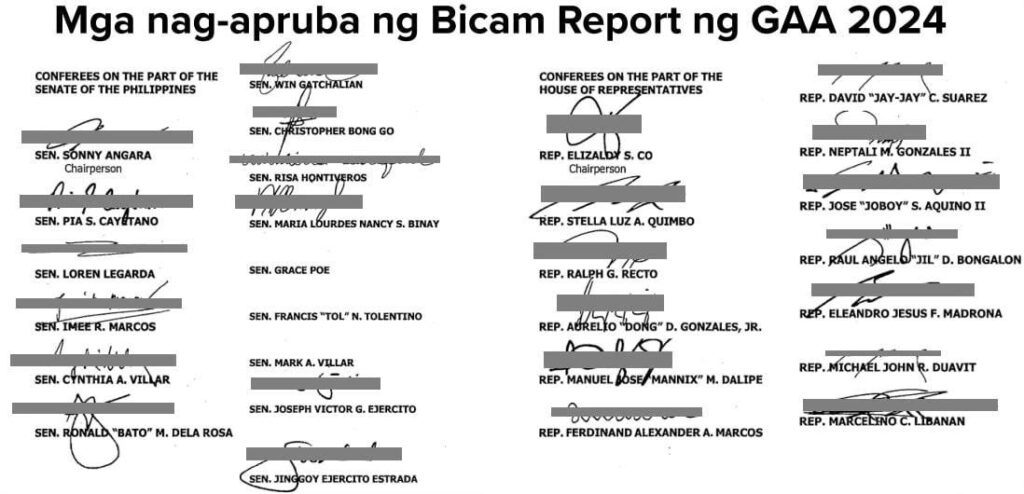Hebrews 11:1-16
Abraham’s spirituality serves as an example for others. The Apostle Paul demonstrated his faith by writing to the Hebrew people, who are the descendants of Abraham. Abraham and Sarai were both unequivocally convinced of God’s existence. The couple adhered to God’s instructions from Ur to the foreign land, and they perished without fulfilling God’s promise.
There are elements of faith that were present prior to Abraham, as observed by Abel, Enoch, and Noah. Abel’s faith is authentic because he adheres to the instructions of God. He demonstrates his genuine affection for God and his desire to fulfill God’s will by forgoing the superior sacrifice. Ultimately, his faith triumphed over his mortality, establishing the first martyrdom as a result of faith in God.
The second dimension is the faith of a virtuous individual who is the seventh generation from Adam (Genesis 5:18–24). For three centuries, the father of Methuselah, the longest-living individual, maintained his faith in God. Following God’s commands and dedicating his life to Him demonstrate the depth of Enoch’s faith. He was leading a comfortable existence, which served as an indicator of the dire circumstances of the era.
Lastly, Noah’s faith is discussed. This individual stated that individuals should engage in combat against evil (Genesis 6:5–9). Noah’s faith in God compels him to construct an ark that will protect humanity from evil. Noah was capable of confronting the malevolent world by reflecting on his proximity to God.
What is the reason for Abraham’s transformation into a role model? He acquired the faith from Abel, Enoch, and Noah. These biblical figures transmit this faith to their descendants until it reaches Abraham. Abraham was unaware of the concept of faith in God until three of his progenitors bestowed their blessings upon him. Since the time of Abel, Enoch, and Noah, God has vowed salvation. God will rectify all that is amiss in the world.
Abraham elucidated the significance of faith to us by examining it from three distinct perspectives. It is a promise, a hope, and a belief; they have never failed to observe it, but they have lived it out by obeying and fostering a more substantial relationship with God. Therefore, our faith is derived from the steadfast faith of our progenitors. They possess a wealth of knowledge regarding their faith in God and prepare their clan to adhere to it. Therefore, this faith led them to believe that anything is feasible if one has faith in God. Additionally, the result is the narrative that individuals refer to as God’s salvific history.
Abraham ultimately provides his family with the resources necessary to comprehend the faith. He enlisted Sarah’s assistance in instructing Isaac as well as her grandsons in the faith. Jacob, who was also referred to as Israel, was the son of Isaac. Abraham’s faith is predicated on the covenant with God, rather than on God’s promise. He never considered the possibility of returning to his homeland, large estates, or livestock. In reality, he embodied the promise made between God and himself. He may have prepared his family to share this faith with God.
Filipinos are deserving of having deep faith in God, as many of us seek our faith in the actions necessary to achieve success and live a fulfilling existence. Abraham is not in search of items that are beneficial. Therefore, he fulfilled his obligation to the covenant, which guaranteed his descendants a land, a magnificent nation, blessings, and the ultimate mercy of God. It is imperative that we, as Christians, remind ourselves that faith is the foundation of our identity as genuine disciples of Christ. Without faith, all things are rendered meaningless.
The foundation of comprehension, according to St. Augustine, is faith, which enables us to contend for a more compelling argument. Faith is also instrumental in the development of positive relationships with others, the environment, and, most importantly, God. Lastly, Apostle James serves as a reminder that faith results in improved actions, perseverance, wisdom, and spiritual development (James 1:1–5). Faith renders us accountable and responsible in this world.
Prayer
Oh God, we implore you to hear us for the marvelous things you have created for us. We have now acquired a comprehensive understanding of what faith means to us. Your fortunate limbs illuminate our spiritual lives and demonstrate the extent of our faith in You. We are grateful for the blessings you have bestowed upon us, such as affluence, salvation, and grace.
In the name of the Father, the Son, and the Holy Spirit, this is a solemn supplication. I concur.
________________
Prof. Ruel D. Garcia is a theology professor at La Consolacion University Philippines as well as the former editor-in-chief of the International Journal on Culture, History, and Religion (IJCHR.paschr.ph).




